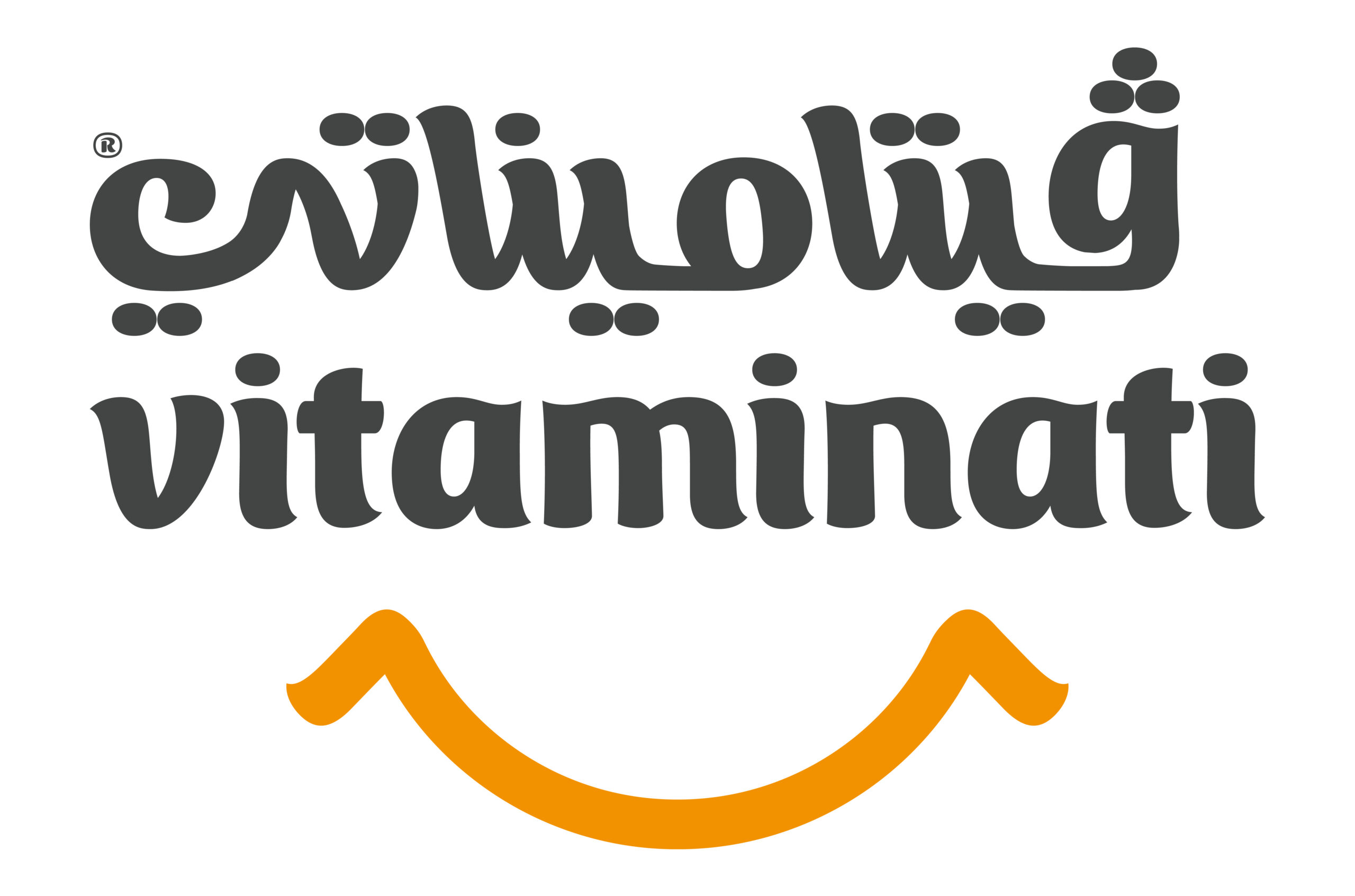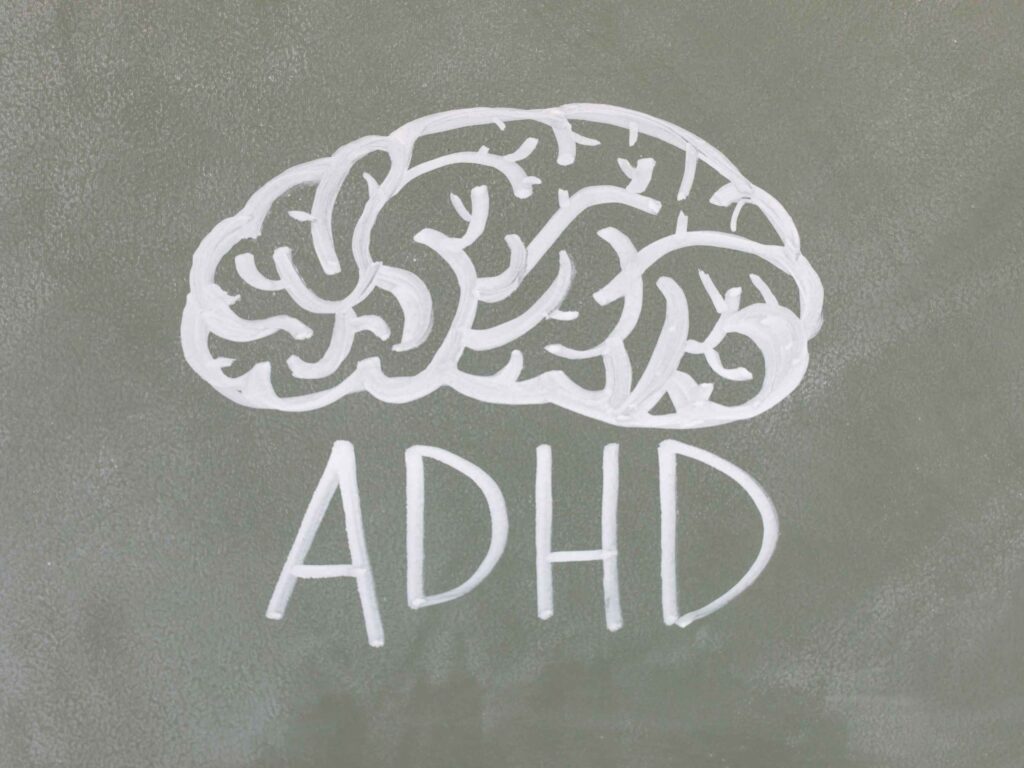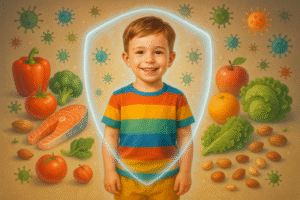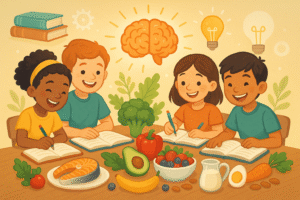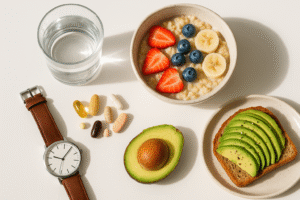Table of Contents
ToggleWhat Is Adult ADHD?
When people hear “ADHD,” they often think of children who can’t sit still. But Attention-Deficit/Hyperactivity Disorder (ADHD) isn’t just a childhood issue. In fact, many adults are living with undiagnosed ADHD and don’t even realize it.
Adult ADHD manifests differently than in kids. It’s not always about hyperactivity—it’s often about mental restlessness, forgetfulness, low motivation, and burnout.
12 Signs You Might Have ADHD as an Adult
-
Easily distracted by sounds, thoughts, or people
-
Trouble starting or finishing tasks
-
Feeling mentally overloaded or “foggy”
-
Poor time management or chronic lateness
-
Difficulty following through on projects
-
Impulsive decisions or spending
-
Mood swings or emotional sensitivity
-
Talking excessively or interrupting others
-
Trouble relaxing or “turning off” your mind
-
Periods of extreme productivity followed by burnout
-
Feeling like you’re always “behind” in life
Why It Often Goes Undiagnosed
-
Many adults were never diagnosed as kids, especially if they weren’t hyperactive.
-
Women are more likely to be misdiagnosed with anxiety or depression instead.
-
People think ADHD is just about behavior, not focus, emotions, or motivation.
In reality, untreated ADHD can affect career success, relationships, finances, and mental health.
How to Get Diagnosed
If you relate to these signs, it’s worth speaking to:
-
A psychiatrist specializing in ADHD
-
A clinical psychologist for a formal assessment
-
Or using validated screening tools online (as a first step)
Diagnosis can be life-changing, offering clarity and support options.
ADHD Management Strategies (Without Judgment)
Whether diagnosed or not, these tools can help with day-to-day life:
Structure Your Day
-
Use time-blocking and alarms
-
Break big tasks into smaller, timed chunks
-
Use visual tools like sticky notes or whiteboards
Brain-Boosting Supplements
-
B-vitamins (like VITACED B-SHOT) for mental energy
-
Magnesium for nervous system regulation
-
Omega-3 fatty acids for focus and memory
-
L-Tyrosine or Citicoline (in nootropic products like BRAINOMAX)
Lifestyle Habits
-
Exercise daily – it boosts dopamine naturally
-
Try Pomodoro technique: 25 min work / 5 min break
-
Limit distractions with focus apps or ambient music
Mental Support
-
Cognitive Behavioral Therapy (CBT) for ADHD
-
ADHD coaching or support groups
-
Journaling or brain-dumping for emotional clarity
You’re Not Lazy. Your Brain Just Works Differently.
Adult ADHD can feel like an internal tug-of-war—bursting with ideas one day, completely exhausted the next. If that sounds familiar, you’re not alone.
The good news? You can thrive with ADHD once you understand how your brain works. Whether you choose therapy, lifestyle tools, or supplements, the first step is acknowledging it’s real—and you deserve support.

Suleiman Atieh, experienced pharmacist specializing in healthcare, patient wellness, safe medication practices, disease management, and supplement guidance.
